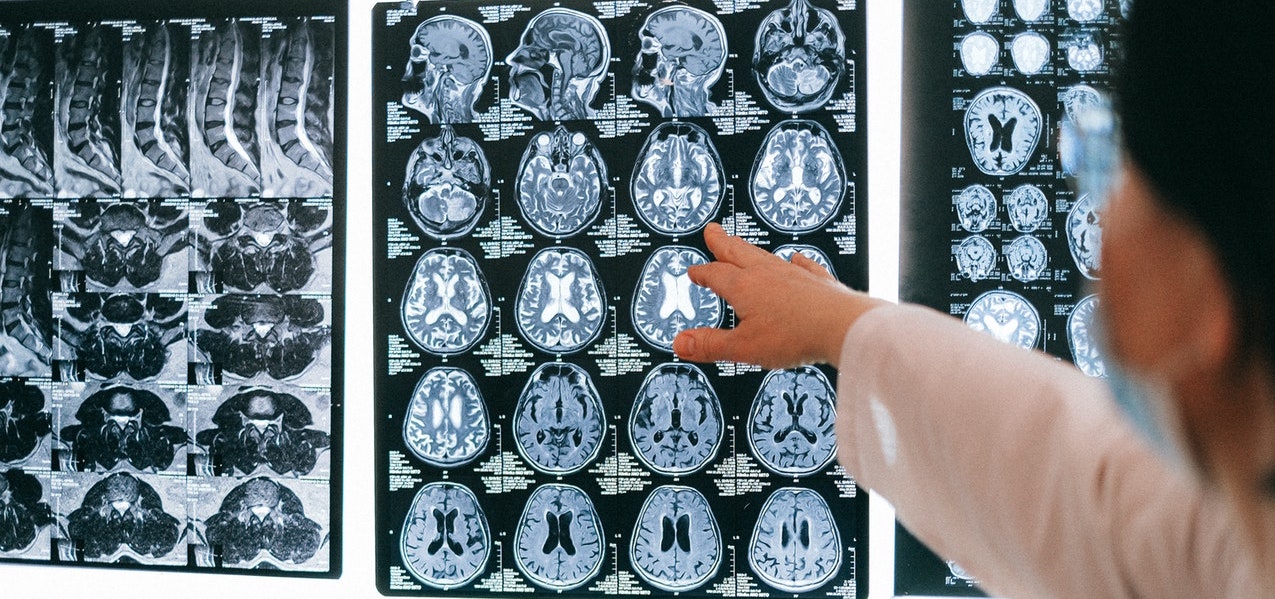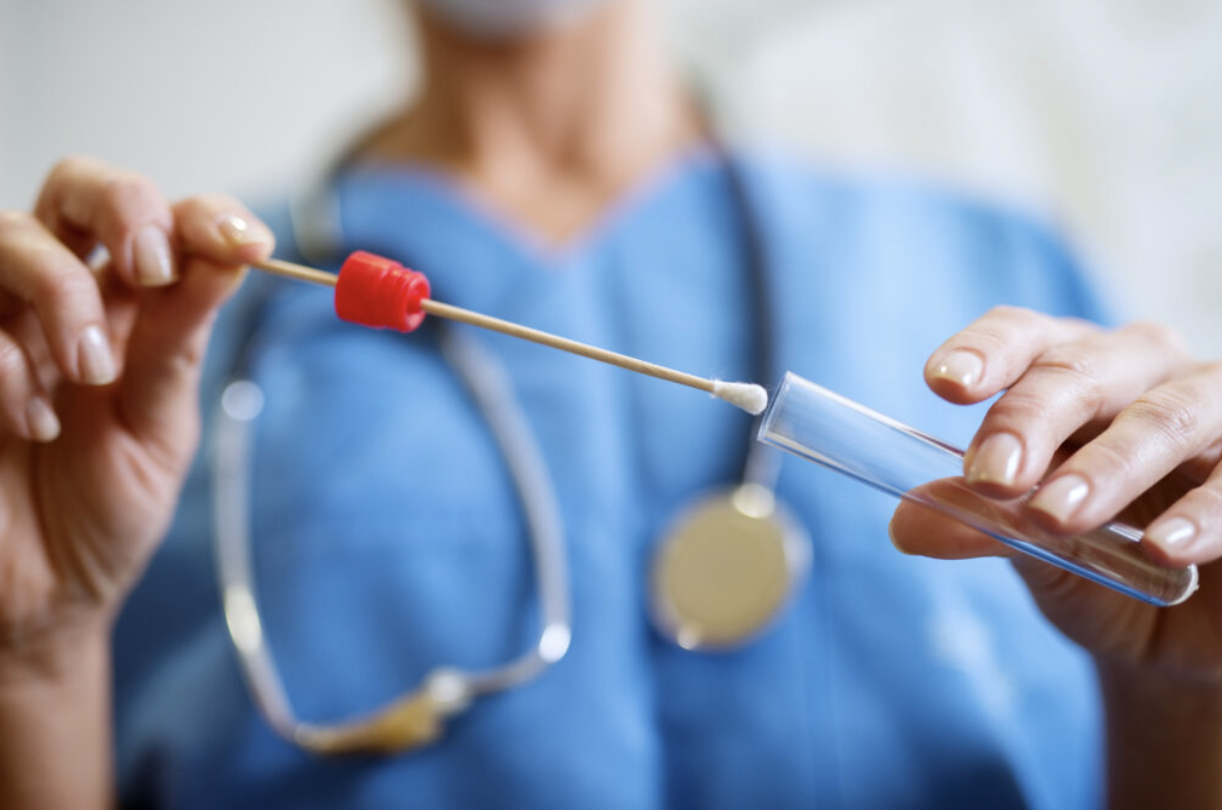
About Us
We are a research group based at the Brighton & Sussex Medical School in the UK. Our work aims to understand how certain risk factors for dementia, like the APOE e4 gene variant or hormonal changes during menopause, impact brain function from mid-life onwards. We focus on creating digital tools that can easily and accurately measure cognitive abilities. These tools will help us identify people who might be at risk of cognitive decline early on and understand the biological reasons behind their vulnerability. Additionally, we are exploring novel interventions, both pharmacological and non-pharmacological, to support healthy brain aging from mid-life.

Dr. Claire Lancaster

Emily Budden

Alice Stanton

Sam Atkinson

Natalie Tawney
Research Themes

Why do some people develop dementia?
We investigate how risk factors influence brain health and cognition across the human lifespan, focusing on the APOE gene and its interactions with other factors.

Understanding biological mechanisms of risk
We use neuroimaging, biomarkers, genetics, and cognitive assessment to understand how risk factors like APOE e4 affect cognitive health.

Exploring avenues for risk reduction
We research ways to modify risk signatures in healthy adults, including the potential benefits of anti-seizure medications and Hormone Replacement Therapy.

Digital cognitive assessment and machine-learning
We develop scalable, digital cognitive assessments and use machine-learning to better understand changes in cognitive abilities and detect early signs of decline.
Research Methods & Tools
Our lab employs cutting-edge methods in our research, including:
- Digital and in-person cognitive assessments
- Advanced neuroimaging techniques
- Pharmacological interventions
- Genetic analyses
We have extensive experience conducting studies with both clinical populations and healthy volunteers, allowing us to gain comprehensive insights into cognitive processes and potential therapeutic approaches.

